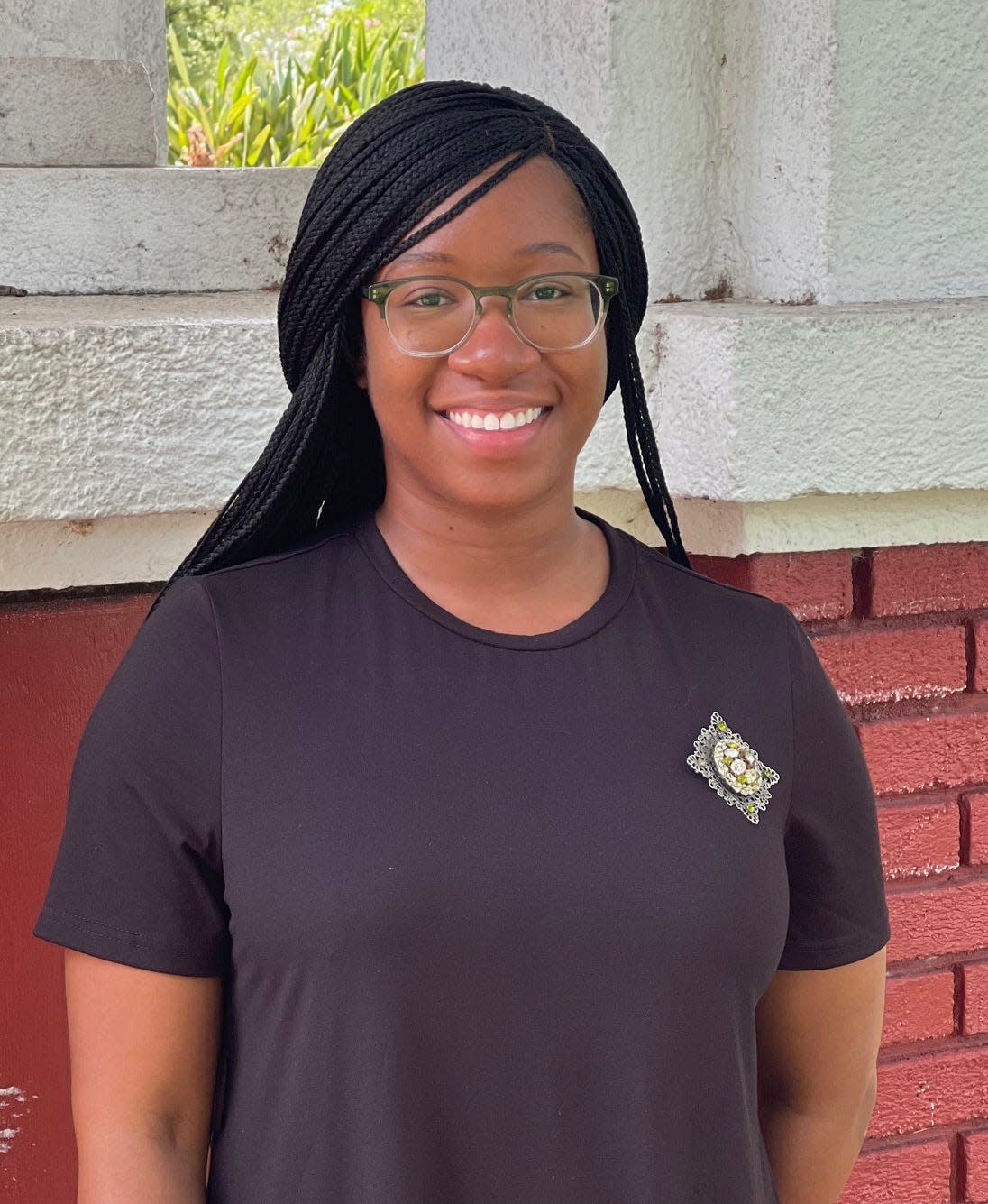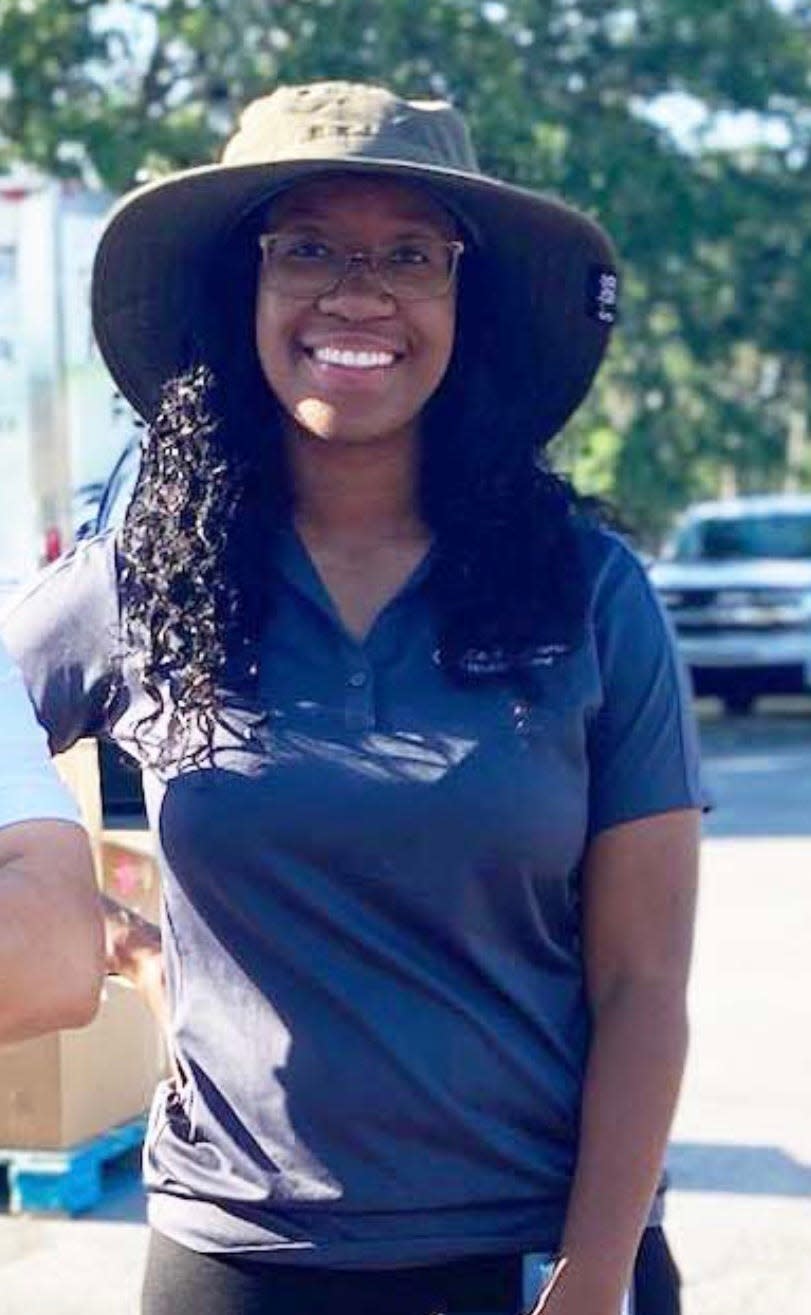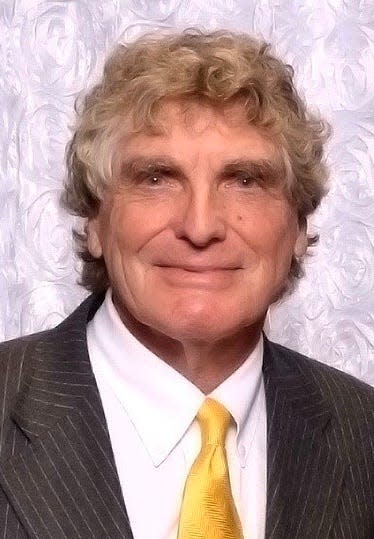'The need has grown': Central Florida Health Care's food program fills a critical gap

In this land of plenty, there are plenty who are hungry. A little known but highly effective nonprofit in Polk, Hardee and Highlands counties – Central Florida Health Care – seeks to address this crisis as well as many other needs.
Started on a small scale just over 50 years ago to help fill health care gaps in the migrant worker and agricultural community, the organization now staffs 15 sites and employs almost 500 people in an ever-increasing effort to address medical, dental and related needs among a broad swath of the rural population.
When COVID hit, they realized how a bump in unemployment had exacerbated ongoing shortages of food in many low-income households. While food distribution is a relatively small part of what they do, it’s a big deal to recipients who are struggling just to get by and who have seen food prices soar in the past year. And it’s central to the organization’s core mission – nutrition being a rather significant component of good health.
Last year alone, CFHC distributed 1.8 million pounds of food to thousands of families – exactly 39,953 families by their count. That’s a lot of parents and kids who didn’t go hungry – at least for a spell.
Heading the food program is Kasandra Noel, 31, a Pennsylvania transplant with a master’s degree in public health whose passion for service matches the mission of her organization.
'Where I’m supposed to be' Prosecutor Ashley McCarthy tiptoes between peace and horror
The best carillon in the world? Ahead of Easter service, carillonneur says Bok Tower is the 'holy grail' of carillons
Despite sad memories Lakeland Green Beret Kenneth Conklin 'would do it all again'
Q. How and why did you happen to come here to work with Central Florida Health Care?
A. I came here in 2021 when I got married. Formerly I was an executive assistant in a hospital. But I wanted to find a job in public health where I could see the work and know it was making a difference in the community I’m living in. I wanted to find a role where I could actually touch the community to find what their needs and wants were. Finding this role was phenomenal. When I found what Central Health Care does, it just aligned perfectly with my mission and future goals.
Q. Let’s talk about the overall mission of your organization, a nonprofit founded over a half century ago. What different services does CFHC offer and who are your clients?
A. We are federally financed and a federally qualified health center. We have 15 clinics offering various health care services. The food distribution program, started about three years ago, is an awesome addition to the services we provide.
Q. And you were hired specifically for that role?
A. Yes, I was hired strictly for food distribution, which started during the pandemic when we saw growing food scarcity. We understand there are food deserts in the area – basically areas where there isn’t access to healthy food within a walking distance, or at least not walkable for many community members. We have 10 sites where we distribute food – nine in Polk County, one in Hardee County. We meet them where they are. We do it twice a month at each location, so one every day somewhere.
Q. What sort of food?
A. A variety of groceries, but we also focus on fresh produce, so it can be items like cabbage, potatoes, all sorts of produce. It can be in a bag, it can be in a box, depending on what items I receive that day on the truck. The typical content of a box might be a meat, a dairy product such as yogurt or milk, definitely a bakery item such as bread and a dessert, just a variety of things because we don’t have the same things every time, so there are some special surprises every visit. At each location, we distribute food to between 150 and 250 families. At certain sites there’s simply more need so we see more families.
Q. How many people are involved in this program?
A. I’m the only coordinator, but we have about 200 volunteers who are awesome and enthusiastic who come out to assist us.
Q. Is there a qualification for the food or do distribute to anyone who shows up?
A. No qualification is necessary – they just get in line. We only ask two questions – their zip code and how many people are in their household. That’s all we need.
Q. Do your recipients tend to not be homeless, they’re just short of food, or are homeless included?
A. It depends on the location. We service people in vehicles but we also have people who don’t have a car, who are homeless since there are no qualifications and it really doesn’t matter to us. Of course if you’re homeless and don’t have a stove, we’ll take out that item and put it in the next box.
Q. What are you seeing in terms of need now versus when you started?
A. The need has grown. During the pandemic, a lot of people were in need because of jobs but now, with the increase in food prices, it has caused an increase in families in need we’re seeing this year. We are definitely up.
Q. Is the food purchased, donated or some combination thereof?
A. Through the grant, basically, we pay the two providers and what we get depends on what they have.

Q. Who are your main partners in this effort?
A. United Way of Central Florida, Feeding Tampa Bay and the George W. Jenkins End Hunger Initiative. We also receive help from other organizations and businesses, including Publix and Kroger.
Q. Do you have any way of knowing if the folks who receive food are employed and simply don’t have enough money?
A. It’s a big mix. There’s really no way of telling because there are no qualifications connected to income, but we do learn a little in conversations with people who may be willing to chat. We see families where there’s five kids, or a single parent, or homeless – we really can’t pinpoint what the majority of what we see is.
Q. Do you have other members of Central Florida Health Care that accompany you on these distribution visits and talk about other services you offer?
A. Yes, we have people who give out take-home COVID test kits, toothbrushes and things like that and they talk about other health care services. Whatever resources we have we’re willing to give out. We also have navigators who can talk to patients about their questions.
Q. Navigators?
A. Yes! We have one navigator at each clinic and they are there to share our other services, sort of like a social worker, to let them know what other help is available.
Q. If someone wanted to find out where the distribution points are and when to show up, how would they do that?
A. It’s on our website – www.cfhc.org – and just go to resources and click the calendar. It’s updated every month. If they’re not in need, they can refer someone who is.

Q. And how do volunteers find their way to you?
A. We are always looking for volunteers, and there are always students looking for volunteer hours. We have two sites that are staffed mostly by students because they are evening sites. Let us know your schedule and we’ll accommodate. All they need to do is send me an email to knoel@cfhc.org.
This article originally appeared on The Ledger: Head of Central Florida Health Care's food program says need has grown

